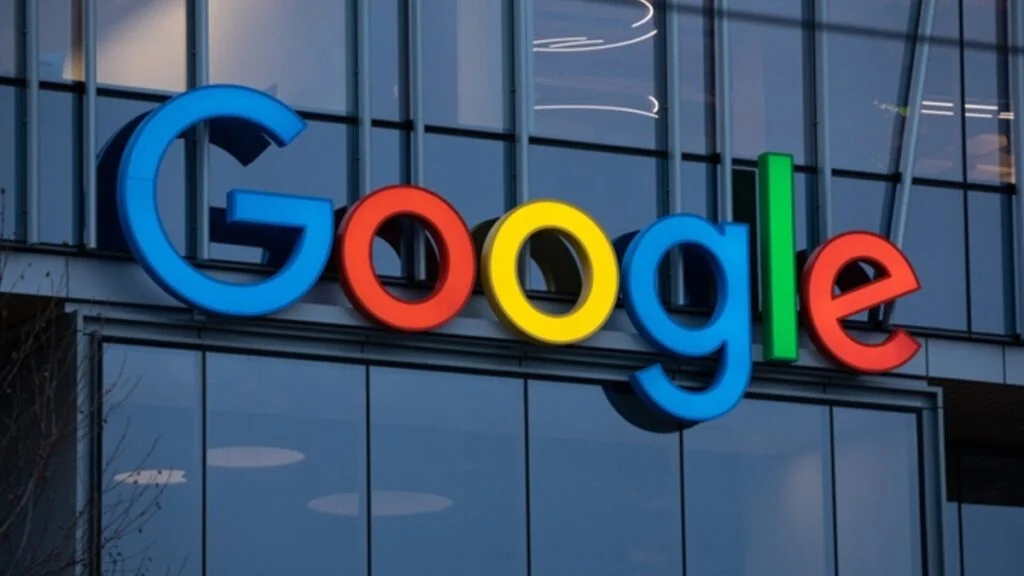Google updated its privacy policy to allow the company to collect and analyze information people share online to train its AI model.

The corporation updated its privacy statement on July 1; a link to prior iterations of the statement is available on the site’s update page.The most recent version has modifications that allow it to train using “information publicly available online” or from “other public sources,” including the inclusion of Google’s AI models, Bard, and Cloud AI capabilities.
The policy modification implies that Google is now making it evident to the public and its users that everything posted online publicly may be used in Google’s training procedures with the AI systems it creates in the present and the future.
This Google upgrade comes just after OpenAI, the company behind the well-known AI chatbot ChatGPT was named in a class-action lawsuit in California for allegedly using the internet to scrape users’ private information.
It asserted that OpenAI trained ChatGPT using data from millions of comments on social media, blogs, Wikipedia, and other websites without the users’ permission. According to the lawsuit’s findings, this infringed on millions of internet users’ copyrights and privacy rights.
There have been speculations spreading over the internet that Twitter’s recent adjustment in the number of tweets users can access depending on their account verification status was partly brought about by AI data scraping.
Rate restrictions were implemented to control the volume of queries made to Twitter’s application program interface (API), according to the developer documentation.
Twitter’s owner and former CEO, Elon Musk, recently complained on Twitter that the platform was “getting data pillaged so much that it was degrading service for normal users.”
